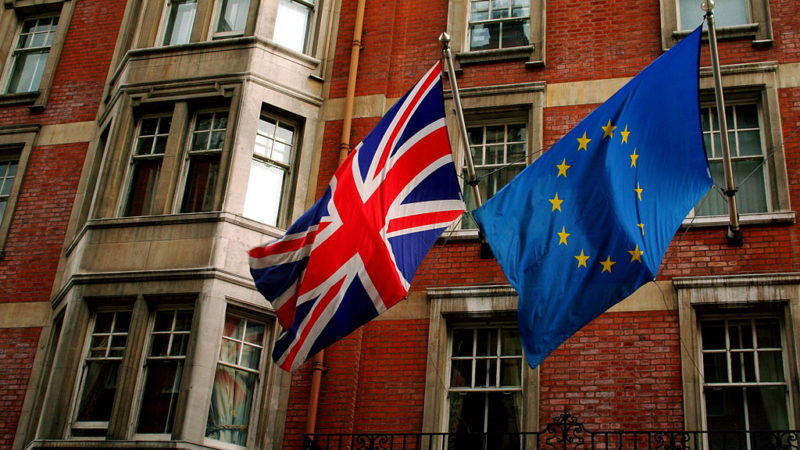Manufacturers in Britain are voicing concerns that Brexit will create additional costs for British industry.

Make UK, the manufacturers’ organisation that champions engineering and manufacturing in Britain and represents 20,000 manufacturing firms, has said optimism within the industry is being undermined by the after-effects of the country’s departure from the EU.
Research by the industry body shows that a year on from the end of the transition period, two-thirds of companies fear custom delays and red tape from new rules will deepen supply chain issues.
The research involved 228 manufacturing firms surveyed on their thoughts about how Brexit is impacting industry and their business.
Two-thirds of the industrial company leaders that were surveyed said Brexit had moderately or significantly hampered their business. Over half of the companies warned that they are likely to suffer additional damage this year due to custom delays caused by import checks and changes to the way products are labelled.
The 2022 MakeUK/PwC senior executive survey confirms that disruption caused by Brexit remains a leading concern facing industry chiefs in 2022.
Amongst the top concerns raised in the survey are delays at customs, extra costs accrued for meeting different regulatory regimes in the UK and the EU, and limited access to migrant workers.
“It is clear from these figures that Brexit and the global Covid-19 pandemic have had a scarring effect on the mentality of many businesses, which are traumatised by the ongoing delays and disruptions to their supply chains,” the report stated.
Worse trade disruption in recent memory
Concerns about the UK manufacturing sector’s fortune in 2022, follows a tumultuous year for British industry. As problems created by Brexit collided with the impact of the pandemic, 2021 saw companies across the UK suffer what has been referred to as the “worse trade disruption in recent memory.”
Figures from the Office for National Statistics (ONS) show that in the first ten months of 2021, goods exported from the UK to the rest of the world were down by 14% compared to 2019, equating to a loss of more than £40bn.
UK trade with the EU was 13% down – approximately £18bn – from the same periods in 2019 and 2018.
“Almost certainly” associated with Brexit rules
Responding to the ONS figures in relation to the textiles and clothing trade, Michael Gasiorek, director of the UK Trade Policy Observatory at the University of Sussex, said the fall is “almost certainly” associated with new Brexit rules.
“In textiles and clothing it is almost certainly associated with rules of origin and having to pay tariffs on exports to the EU; in food products it is probably to do with customs controls and the costs of checks on standards, and possibly from transport and logistic complications,” said Gasiorek.
In October 2021, a survey by the British Chambers of Commerce found that 45% of companies found it very or relatively difficult to trade goods with the EU. The Food and Drink Federation voiced similar concerns, revealing that sales to Europe were down 23.7% in the first three quarters of 2021, as a result of Brexit trade barriers.
The start of the new year has seen additional bureaucratic Brexit checks imposed. On January 1, checks were installed on European exports to Britain, resulting in extra costs, form-filling, red tape, all resulting in additional man-hours.
Best for Britain, a leading UK cross-party advocacy group that upholds internationalist values, summed up the situation, tweeting:
“We’re all seen the empty supermarket shelves. Get ready for empty everything.”
Gabrielle Pickard-Whitehead is a contributing editor to Left Foot Forward.
Left Foot Forward doesn't have the backing of big business or billionaires. We rely on the kind and generous support of ordinary people like you.
You can support hard-hitting journalism that holds the right to account, provides a forum for debate among progressives, and covers the stories the rest of the media ignore. Donate today.



